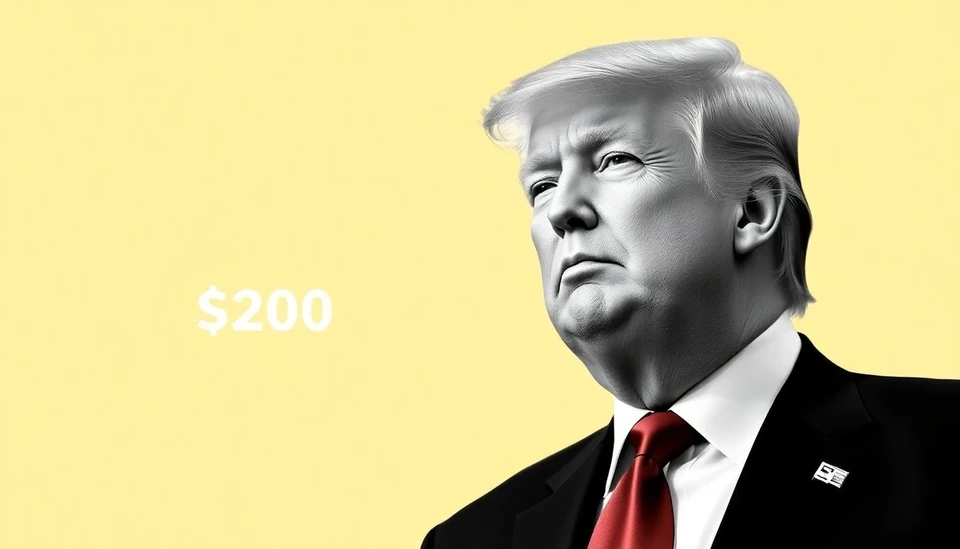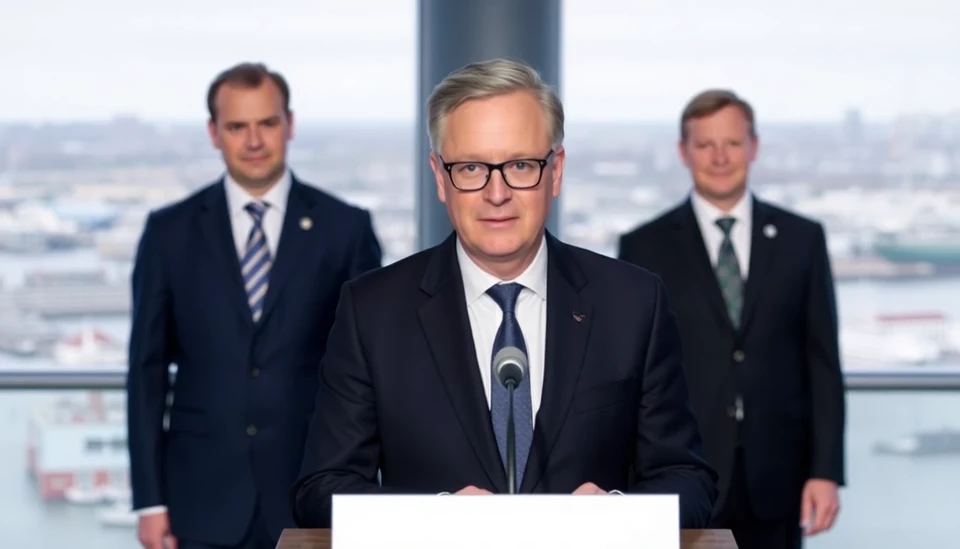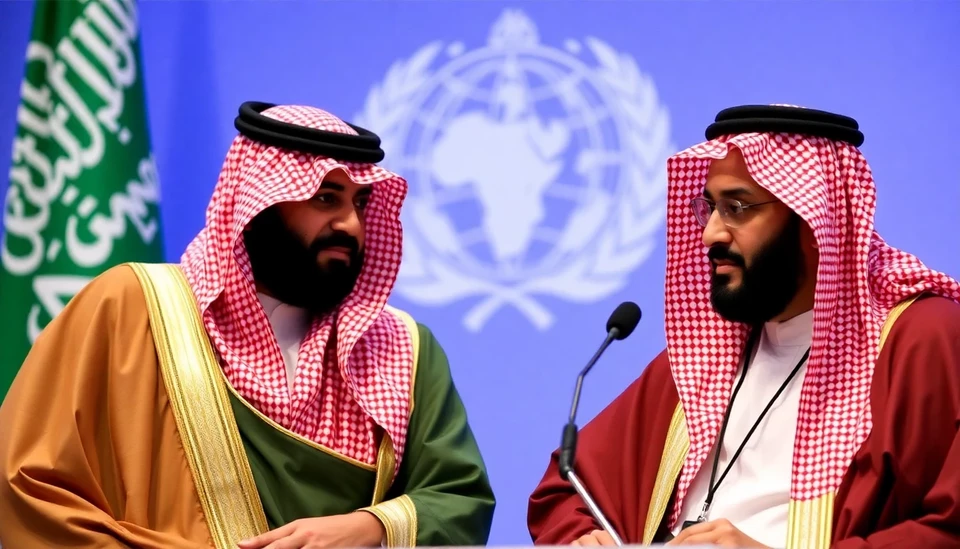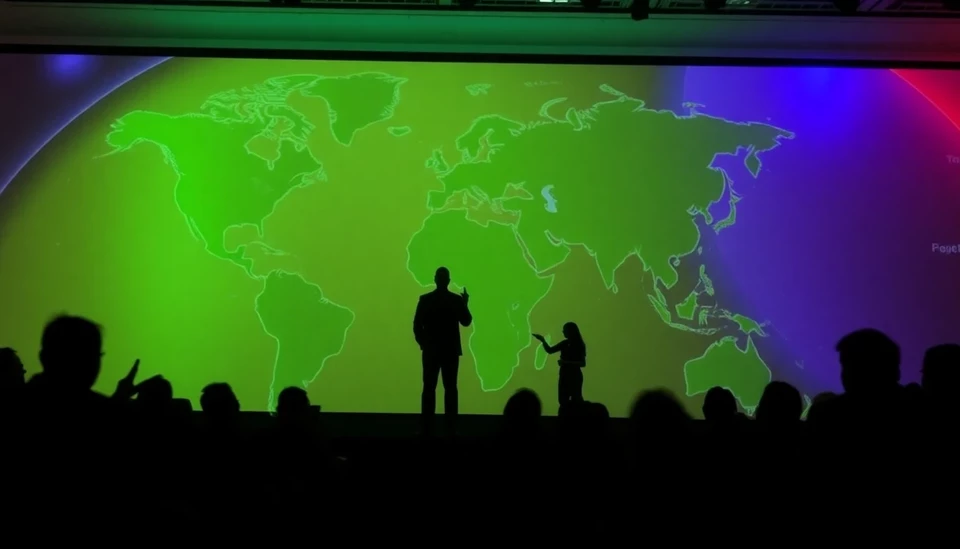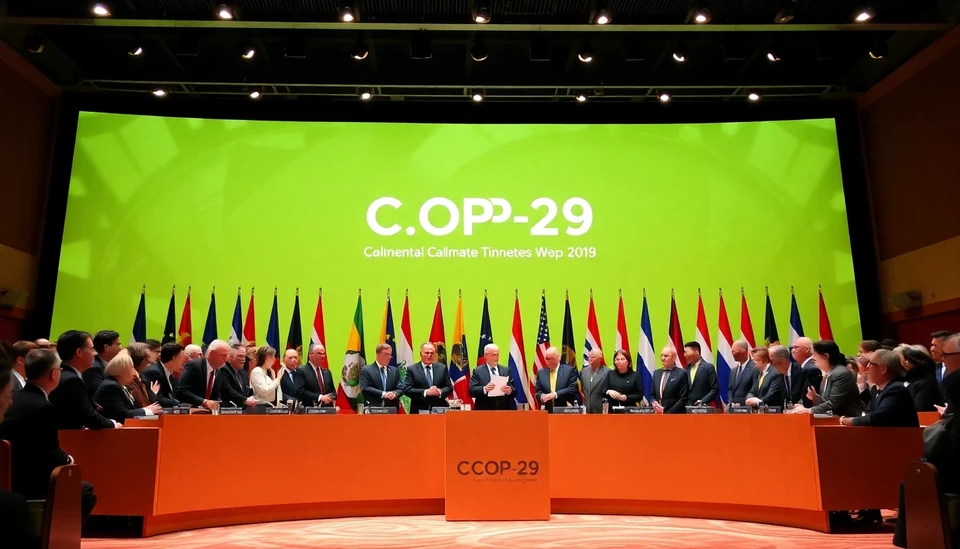
The COP29 Climate Summit has officially commenced, bringing together world leaders, policymakers, and climate activists to address the escalating climate crisis. This year's conference, held in an environment already marked by fierce debates over climate action, has made headlines with an ambitious commitment to mobilize a staggering trillion dollars for climate financing.
As nations grapple with the urgent need for substantial investments to combat climate change, COP29 has emerged as a critical juncture. Delegates are emphasizing the importance of financial backing in the quest to reduce greenhouse gas emissions and facilitate a just transition to sustainable energy practices worldwide. The financing landscape proposed at COP29 aims to bolster initiatives focused on renewable energy, climate resilience, and sustainable development in vulnerable communities.
The trillion-dollar pledge is not merely a formal announcement; it seeks to establish a robust framework for financing that includes contributions from both public and private sectors. Moreover, the commitment aligns with global targets established under the Paris Agreement, as countries strive to limit global warming to 1.5 degrees Celsius.
In recent addresses, prominent leaders outlined their visions for integrating sustainable finance into national policies. For instance, the President of France highlighted the necessity of integrating climate considerations into all aspects of economic planning, indicating that "environmental sustainability should not just be an additional cost but an investment in our future." Meanwhile, developing nations expressed cautious optimism, indicating that financial support from wealthier countries is crucial to address the impacts of climate change that they are already facing.
The spotlight at COP29 also shines on innovative financial mechanisms designed to channel funds to the most affected regions. There’s a growing consensus among delegates that leveraging private sector investments, alongside public funding, will be essential to realize the trillion-dollar goal. Initiatives being discussed include green bonds, climate insurance schemes, and other financial instruments that can help mobilize private capital efficiently.
As the conference unfolds, critical discussions are expected to revolve around transparency and accountability in the proposed financing efforts. Advocates for climate justice are stressing that funds must not only be accessible but also aligned with the needs of those who are disproportionately affected by climate change, predominantly in the Global South. This lens of equity is essential, as several countries have voiced concerns over historical emissions and the responsibilities of developed nations in contributing to the climate crisis.
The outcome of COP29 could set a new precedent in the global fight against climate change, potentially reshaping the way financing flows toward sustainable initiatives. The urgency to act becomes ever more pressing as catastrophic climate events continue to impact millions around the world. Leaders emphasize that this opportunity at COP29 must translate into tangible actions and commitments that follow through long after the summit concludes.
As delegates continue to negotiate and articulate their visions for climate finance, the spotlight remains firmly fixed on ensuring that this opportunity does not slip away. COP29 is not just another meeting; it is a crucial moment in an ongoing journey toward a more sustainable and equitable planet.
With the stakes higher than ever, the world watches closely to see whether this daunting financial ambition can be transformed into real, impactful change in the race against climate change.
#COP29 #ClimateFinance #SustainableDevelopment #GreenInvestment #ClimateAction #GlobalWarming #ClimateJustice
Author: Sophie Bennett
